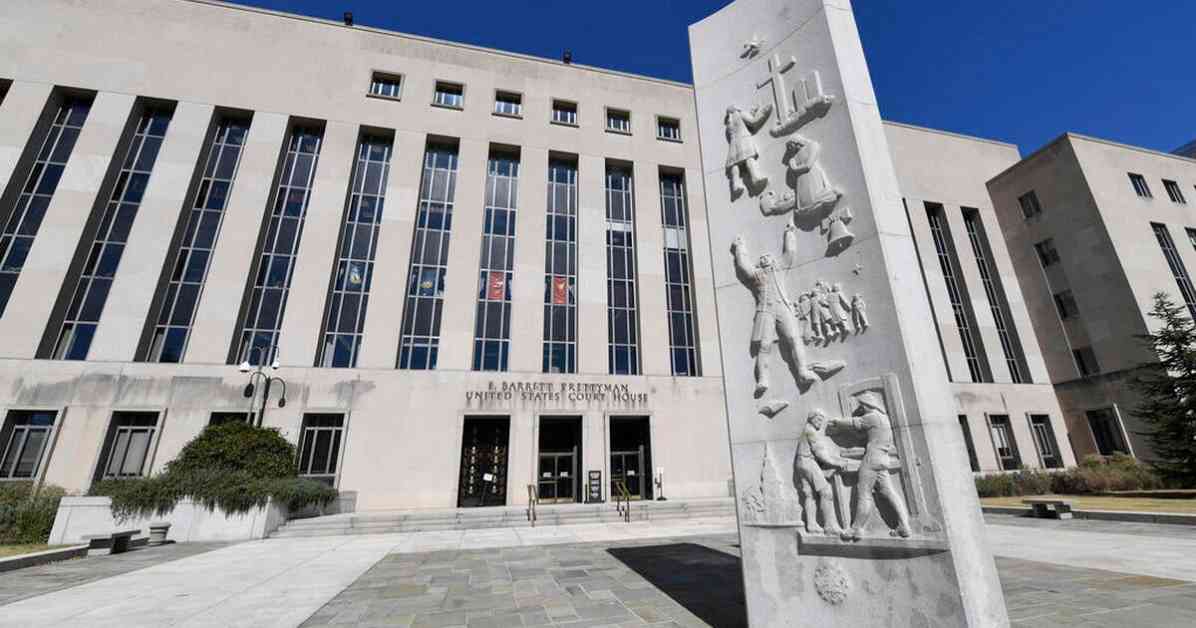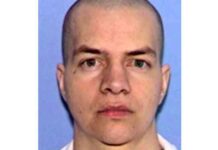In a groundbreaking move, the Trump administration has officially classified Mexican drug cartels as domestic terrorist organizations, citing their violent and prolific drug trafficking operations. This designation comes on the heels of the sentencing of Rubén Oseguera, also known as “El Menchito”, the son of notorious cartel leader Nemesio “El Mencho” Oseguera. El Menchito, who served as the second-in-command of the Jalisco New Generation cartel, has been handed a life sentence in a U.S. prison for his involvement in the cartel’s nefarious activities.
The younger Oseguera’s journey from a young recruit in his family’s drug trafficking operation to a high-ranking cartel leader culminated in his extradition to the U.S. in February 2020. Facing a possible life sentence, Oseguera was sentenced by U.S. District Judge Beryl Howell in Washington, D.C. The defense argued for a 40-year prison term, highlighting Oseguera’s young age of 14 when he first entered the criminal world, but Howell ultimately decreed a life sentence along with a forfeiture of over $6 billion.
At the core of Oseguera’s conviction were charges of conspiring to distribute cocaine and methamphetamine for U.S. importation, as well as the use of firearms in drug-related activities. Former U.S. Attorney General Merrick Garland underscored the violent tactics employed by Oseguera and the Jalisco Cartel, emphasizing their ruthless pursuit of power through murder, kidnapping, and torture. Oseguera’s personal involvement in numerous killings and violent acts, including the downing of a Mexican military helicopter, further solidified his role in the cartel’s operations.
The broader implications of Oseguera’s sentence extend to his family’s criminal empire, with his father El Mencho being one of the most wanted individuals in both Mexico and the U.S. Authorities have set a $15 million reward for El Mencho’s capture, highlighting the magnitude of his criminal activities. While Oseguera’s mother, Rosalinda Gonzalez, recently released from prison in Mexico, is believed to oversee the cartel’s financial dealings, underscoring the multi-generational nature of criminal enterprises.
In a separate incident, the son-in-law of El Mencho was apprehended in California for staging his death in a bid to evade authorities. This event sheds light on the elaborate schemes employed by cartel members to escape justice and continue their illicit activities. President Trump’s decision to classify eight Latin American drug trafficking organizations, including the Jalisco cartel, as terrorist groups underscores the severity of the drug crisis facing the U.S.
The Jalisco cartel’s notoriety stems from its production and distribution of deadly substances like fentanyl, often disguised as legitimate pharmaceuticals like Xanax or Percocet. This deceptive tactic has contributed to the opioid epidemic plaguing the nation, with millions of lethal doses flooding the streets under the guise of harmless medications. The relentless pursuit of profit at the expense of human lives characterizes the cartel’s operations, necessitating a robust response from law enforcement agencies to combat this threat.
As the battle against drug cartels intensifies, the sentencing of El Menchito represents a significant victory in dismantling criminal networks responsible for widespread harm and suffering. By holding cartel leaders accountable for their crimes, law enforcement agencies aim to disrupt the flow of illegal drugs and protect communities from the devastating consequences of drug trafficking. The pursuit of justice in the face of organized crime requires unwavering dedication and cooperation at local, national, and international levels to ensure a safer future for all.























